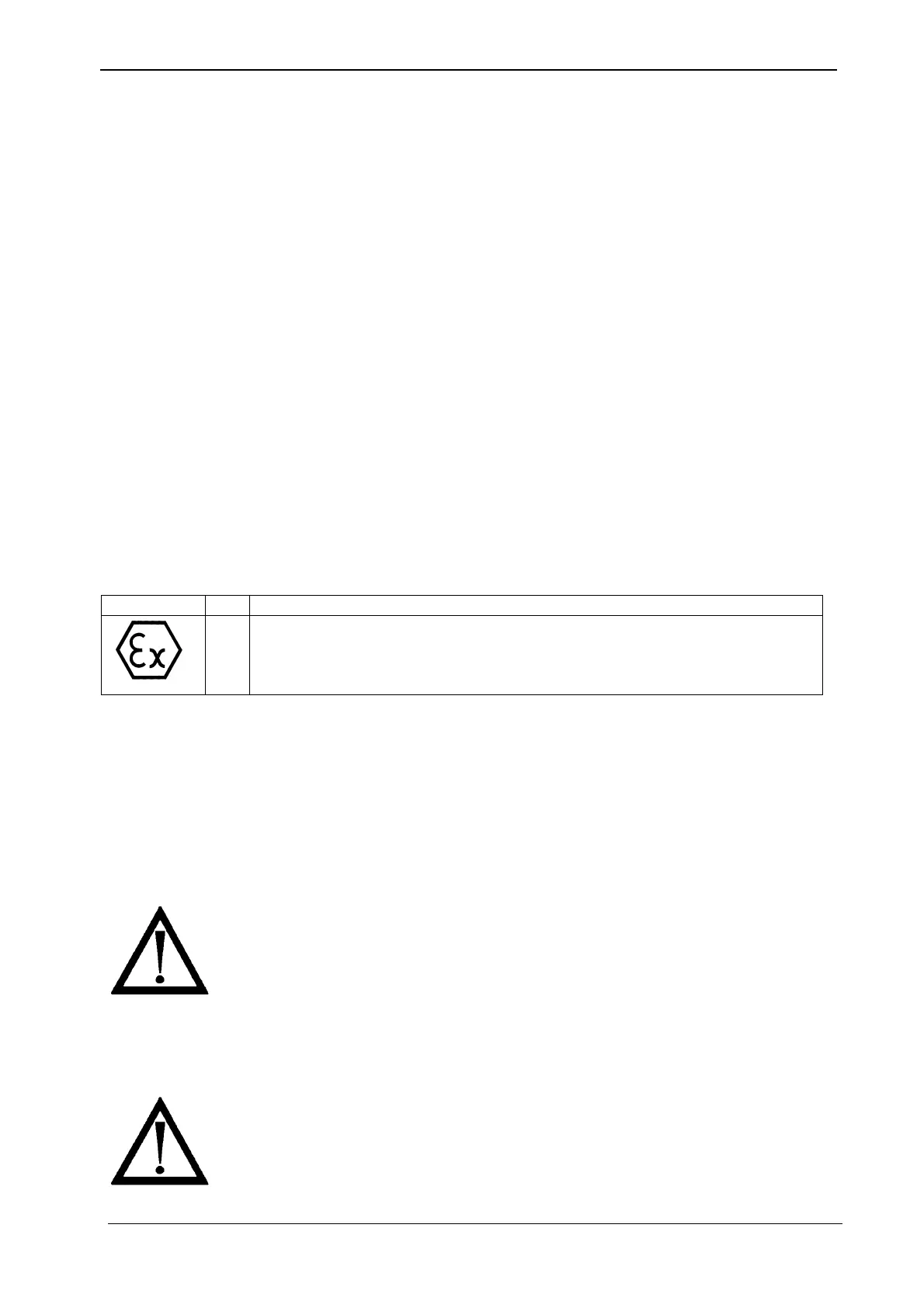Operating instructions B-Series
Version 2.4, En Page 31 of 81 21-10-2005
5 Piping system
This section describes how the pump/pump unit must be connected to the piping system.
•
forces
•
piping
•
suction line
•
pressure line
•
self-priming operation
•
valves
•
water shock
•
suction strainer
5.1 forces
Too great forces and moments on the flanges through the piping lead to mechanical damage to the
pump/pump unit. Connect the piping in the following way to fit the pump/pump unit:
•
in line
•
against the flanges
•
parallel to the flanges
•
without gap
See technical specifications B-Series. Also take account of additional forces and moments as a result of
thermal expansion when pumping hot liquids. Use expansion joints when necessary. After the connection
of the piping check that the rotating parts can still freely move.
Extra point(s) for attention with ATEX pumps.
P4.
Make sure that the pump is free of stresses, including the coupling of the
diesel/electric motor.
5.2 Piping
The diameters of the piping must at least correspond with the connecting sizes of the pump.
Joints must if possible provide a joint angle of approx. 8 degrees. The piping must be bracketed and fixed
immediately before the pump. The weight of the piping and appendages may not weigh on the
pump/pump unit. Piping loads resulting from temperature variations or vibrations of the piping can be
accommodated by the use of appropriate expansion joints. The connection of measurement instruments is
required for control of the pump during operation. Before operation all parts carrying liquids must be
thoroughly cleaned.
Protection
against other
dangers:
In the case of hot liquids being pumped it is the responsibility of
the employer to warn against hot surfaces if employees can come
into contact with them.
When pumping viscous liquids pressure losses in the suction and pressure line can be great. Associated
components in the piping system (valves, bends, suction strainer, filters, foot valve, etc.) will further
increase the pressure losses.
The diameter and length of suction and pressure lines and extra components
must therefore be selected so that the pump can operate above the minimum
allowed inlet pressure (NPSH available graphs on request), within the
maximum permitted working pressure and within the installed motor capacity.
